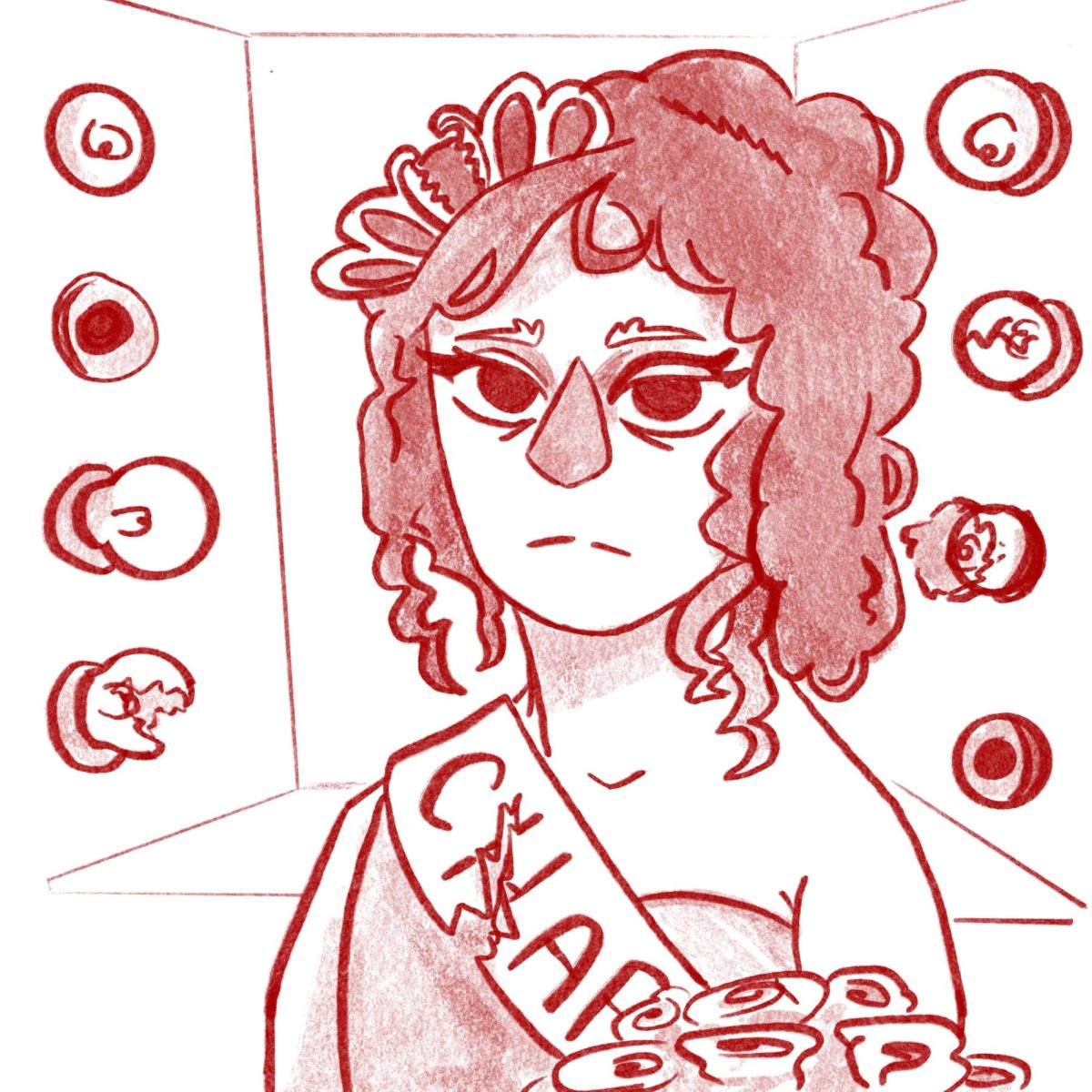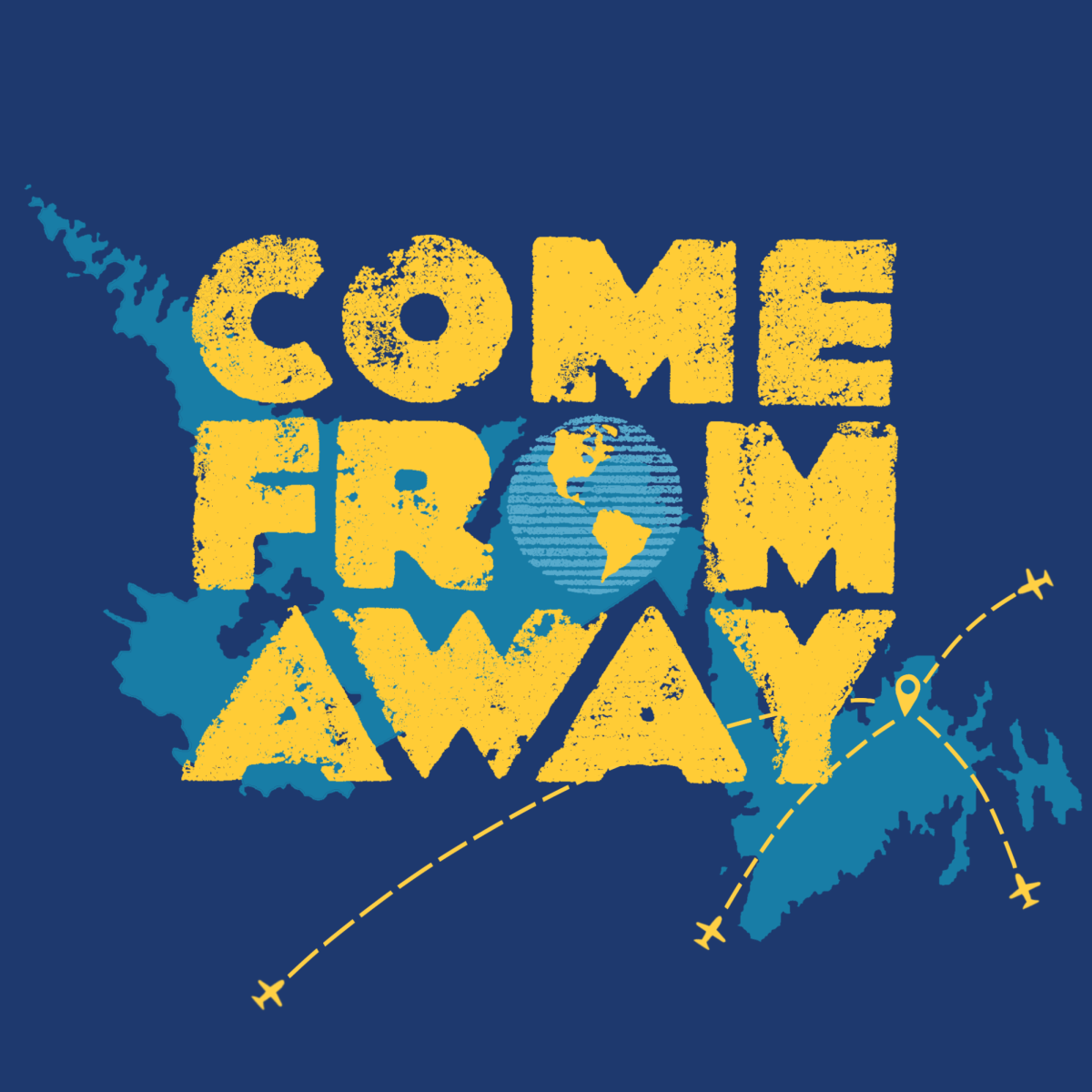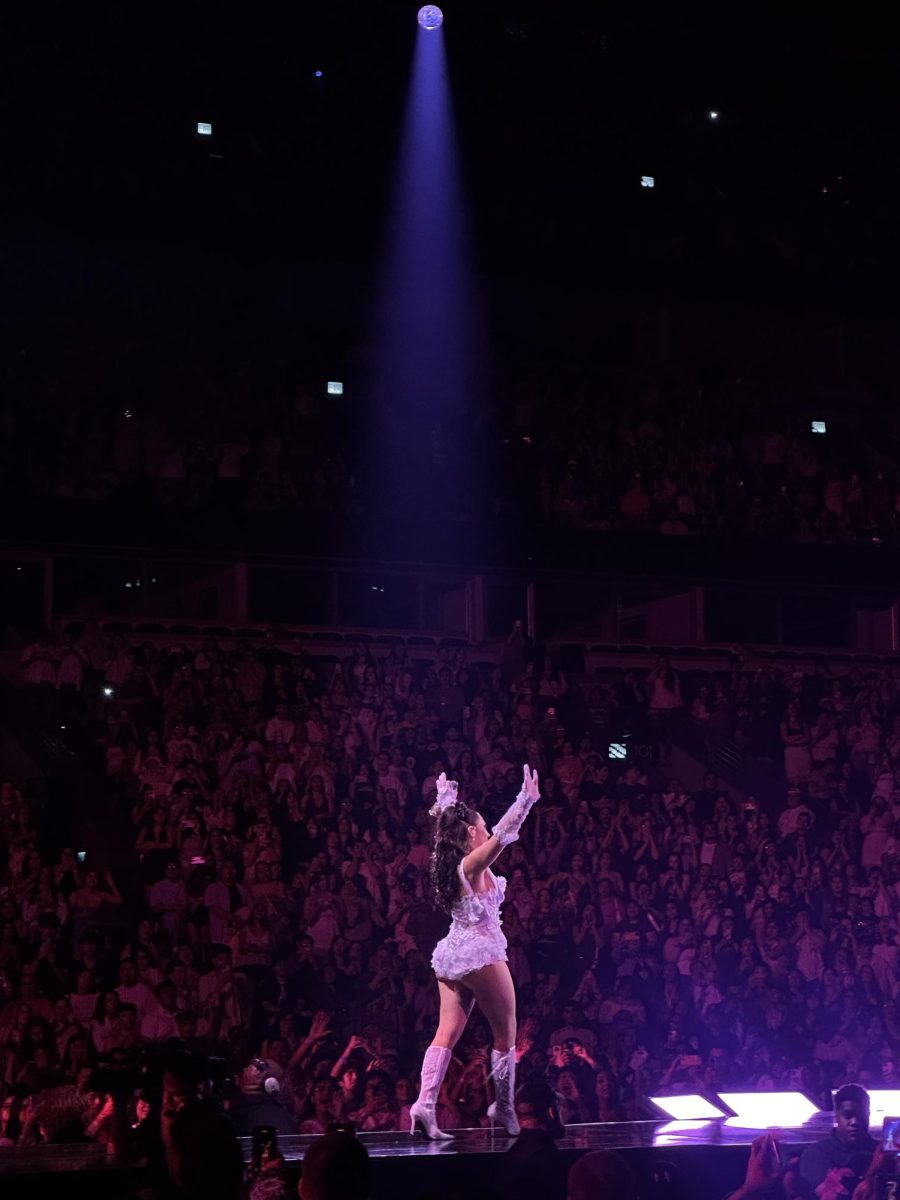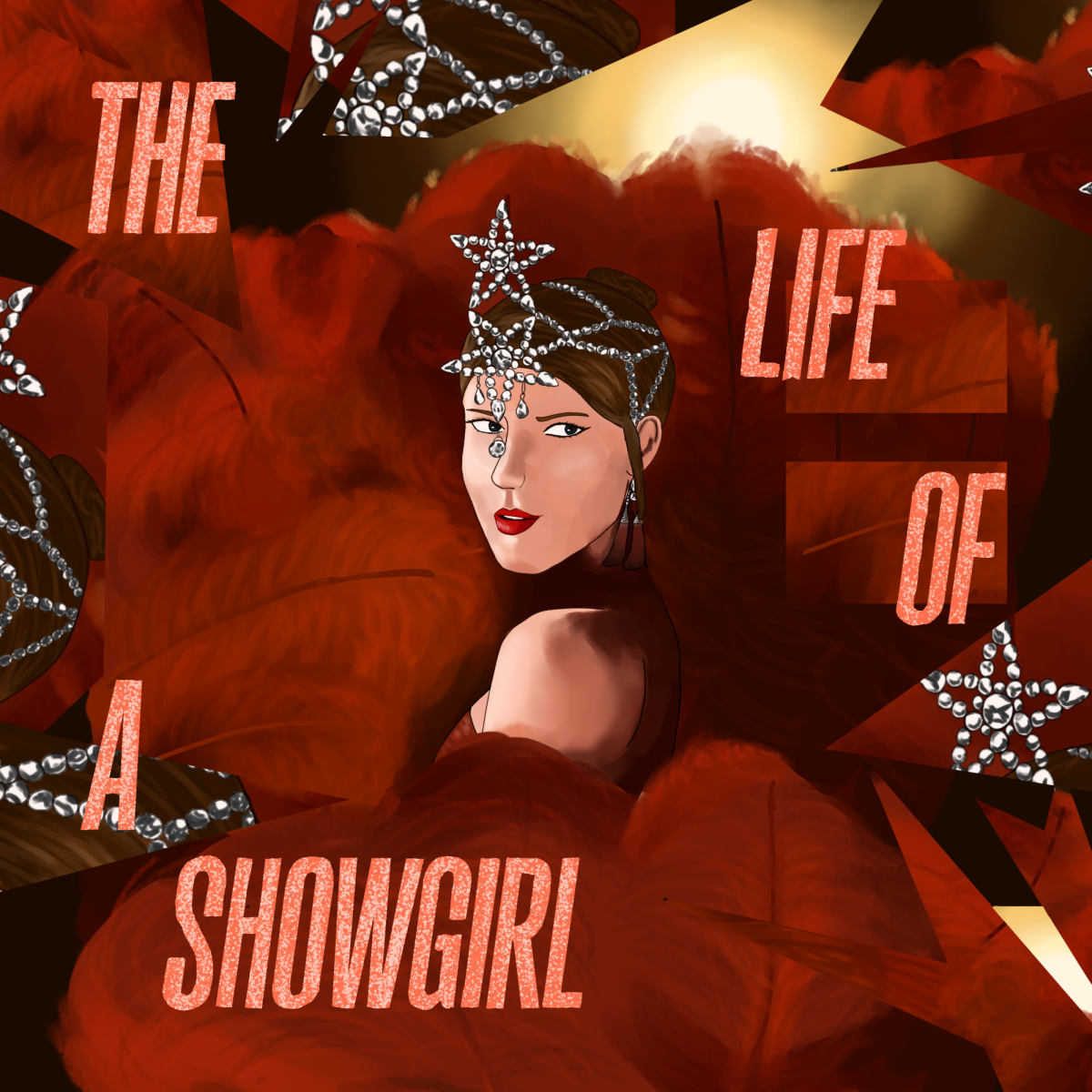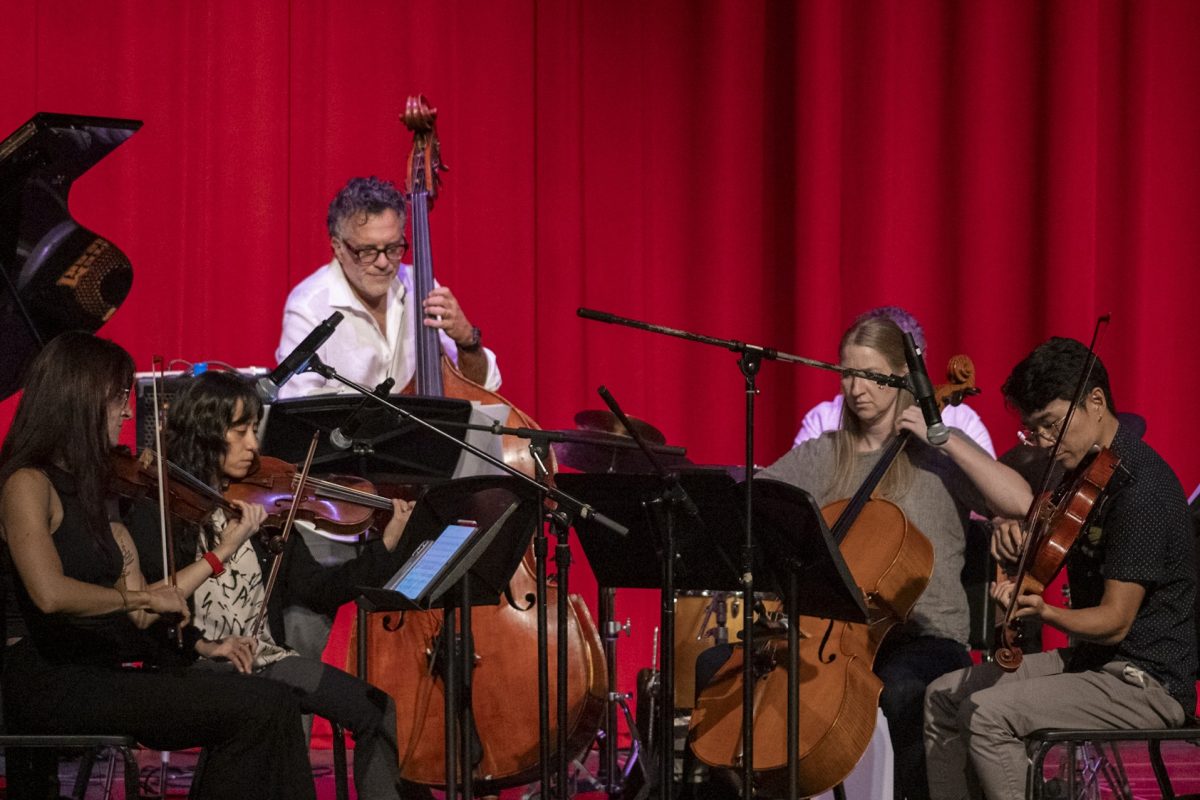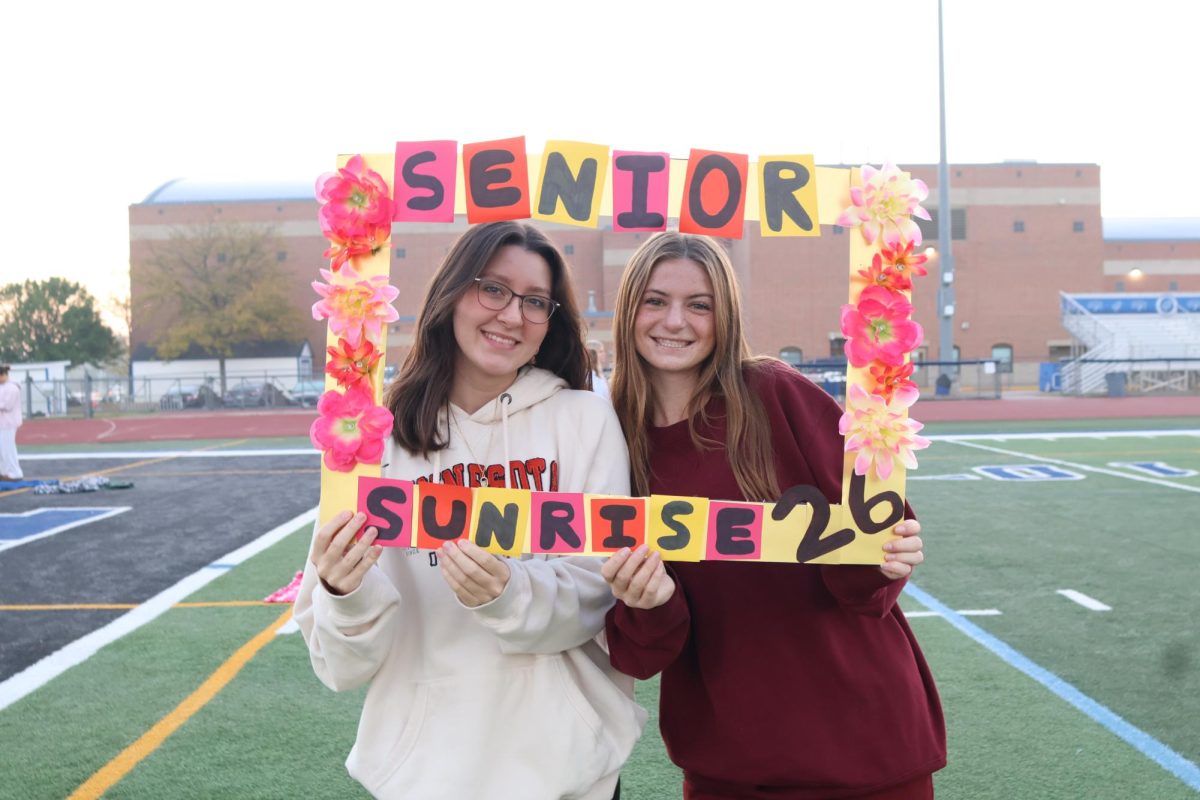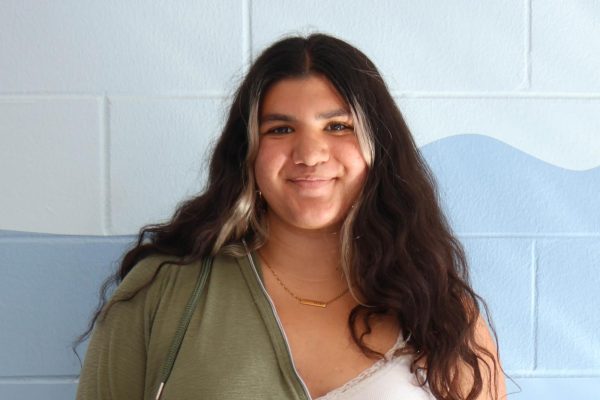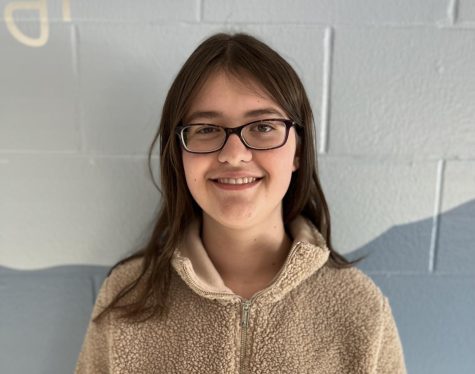The internet has decided Chappell Roan has “G-O-T-T-O-G-O.” Roan is a musical artist that blew up in June of 2024, but she has been creating music since 2015 at age 17. She started her career posting her songs on Youtube, building a small platform that encouraged her to release her EP in 2017. Some of Roan’s songs, “Good Luck, Babe!” and “HOT TO GO!” took the internet by storm this summer and catapulted her into the spotlight. Despite her increasing popularity, Roan’s fall from grace seems to be happening just as fast as her leap to fame, as she currently faces backlash for some of her unconventional approaches to stardom.
Being in the public eye as a well-known celebrity has a couple of different rules and norms. Most celebrities understand that going out in public may result in being bombarded with fans asking for photos and hugs, or paparazzi carefully surveying their every move. They are also taught to be conscious of media training and how they conduct every interaction to avoid controversy and maintain a positive image. Essentially, celebrities will bend over backward so that the public reveres them, even if it means serious mental or physical harm to their wellbeing. This has led to a countless number of celebrities taking a step back from social media. Within her short span of fame, Roan has made it clear that she will not tolerate the normalized treatment of celebrities, nor uphold a false image, especially if it causes her harm.
Roan has expressed past problems with being approached on the street and, in extreme cases, being stalked and harassed. Unlike most celebrities, Roan instantly made an effort to address these issues and establish a boundary.
“I don’t care that abuse and harassment and stalking are a normal thing to do to people who are famous,” said Roan in a TikTok video she posted about celebrity stalking and harassment. “I don’t care that this crazy type of behavior comes along with the career field I’ve chosen. That does not make it okay. That does not make it normal.”
This video uploaded in late August was the first of many Roan would post discussing issues regarding her fame and what fans expect of her, which appeared to strike a nerve with some of her followers, who claim that these occurrences are simply part of the job of a celebrity.
Roan also received backlash following her last-minute set cancellations for the All Things Go music festival in New York City, New York and Columbia, Maryland. She made it clear that alongside her battles with depression, her newfound fame and all of its baggage has made it difficult for her mental health, impacting performance and set schedules.
“I apologize to people who have been waiting to see me in NYC and DC this weekend at All Things Go, but I am unable to perform. Things have gotten overwhelming over the past few weeks, and I am really feeling it,” Roan said in an Instagram story to announce her cancellation. “I feel pressure to prioritize a lot of things right now and I need a few days to prioritize my health. I want to be present when I perform and give the best shows possible. Thank you for understanding.”
Yet again, this left fans with a bitter outlook on Roan and her work, especially those who bought festival and airline tickets to see her perform. The criticism consists of claims that Roan shouldn’t be canceling shows, given it is in her career description to perform, even suggesting she is ungrateful for her recently-accumulated fame. As TikTok user @extrapantz says in a video on the platform, “[The average worker] probably works five days a week, whereas Chappell Roan has to perform on stage at this festival for an hour or two…it doesn’t compare to the many hours that go into a regular work week for a regular human who cannot call out.”
Roan has expressed difficulty with her sudden rise to fame aided by the rapid swell of social media trends. Apps like TikTok and Instagram thrusted Roan into the spotlight, perhaps far quicker than she was emotionally ready for.
“I thank that my career has gone really fast and it’s hard to keep up,” said Roan in tears at a show in Raleigh, North Carolina. “This is all I’ve ever wanted, it’s just heavy sometimes.”
It’s clear that with her atypical approaches to her life as a celebrity, Roan is challenging the current precedent for treatment of public figures. Society has set a standard that celebrities are superior to the average consumer, leading them to be treated differently. Their pedestal subjects them to idolization, but also the normalization of harsh and unconstructive criticism. Some internet users do not understand the line between criticism and harassment, leaving artists like Roan baffled by their behavior. These approaches to her career have invoked frustrations with Roan as an artist and further question whether or not she is fit to be in the public eye.
While a major argument from fans is that as figures to the public, Roan and other celebrities should learn to deal with the facts of life surrounding their careers, maybe Roan’s work with denormalizing the current harmful expectations of celebrities is truly making an impact.
“People have been so respectful. No one has been creepy to me or harassed me,” said Roan in an ET interview at the VMAs after advocating for herself online. “I feel very heard, and it feels good, and I think that it’s hard for artists to speak up because they’re so scared of their fans hating them, but we’re not actually talking about fans, we’re talking about people who are harassing.”
Roan’s controversies and determination to change the current precedent beg a question for further reflection: where do we draw the line on how much celebrities should have to deal with? Are these harmful norms truly just a part of the job description as a celebrity? Or could we move towards a better, more understanding perception of celebrities and their humanity?


